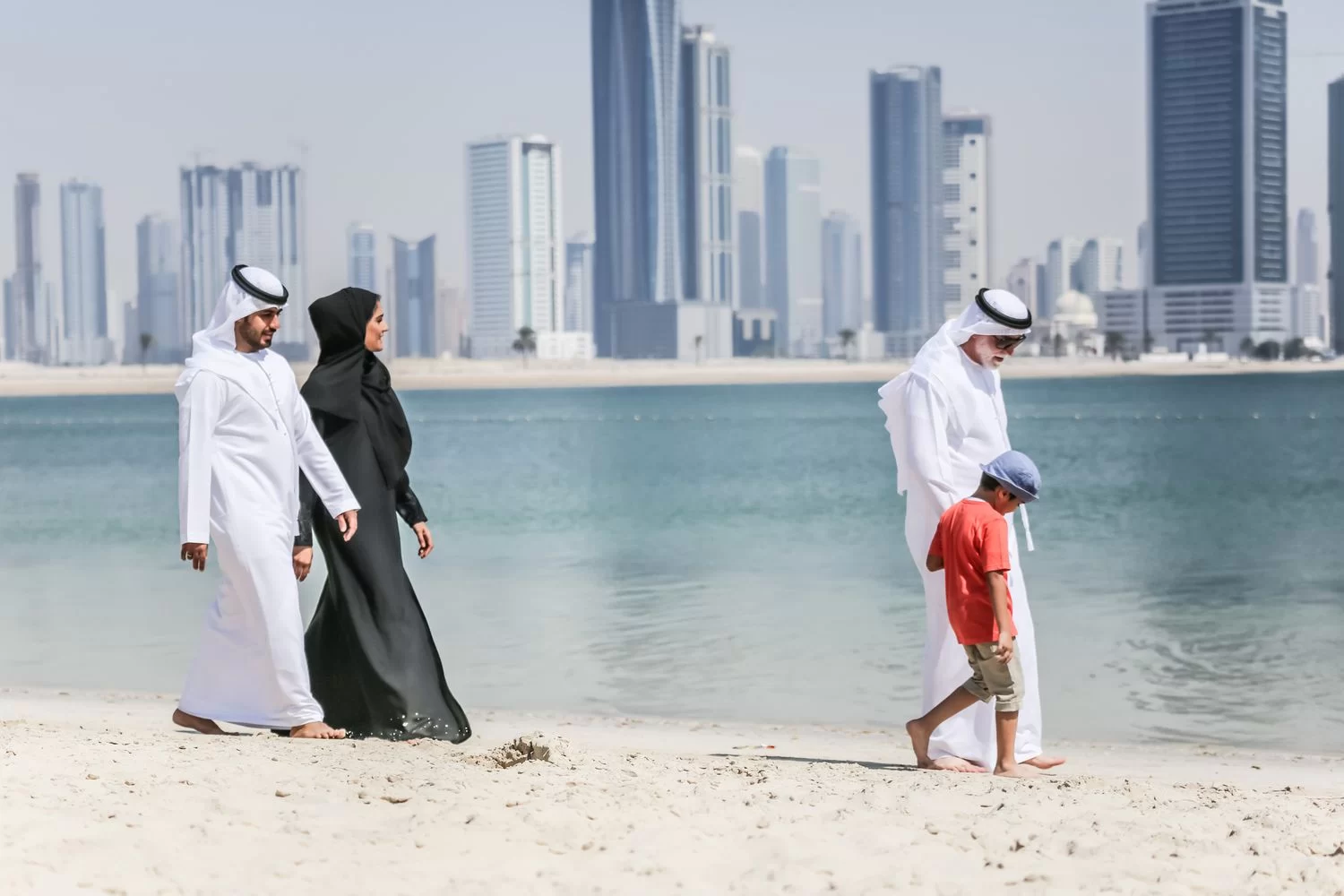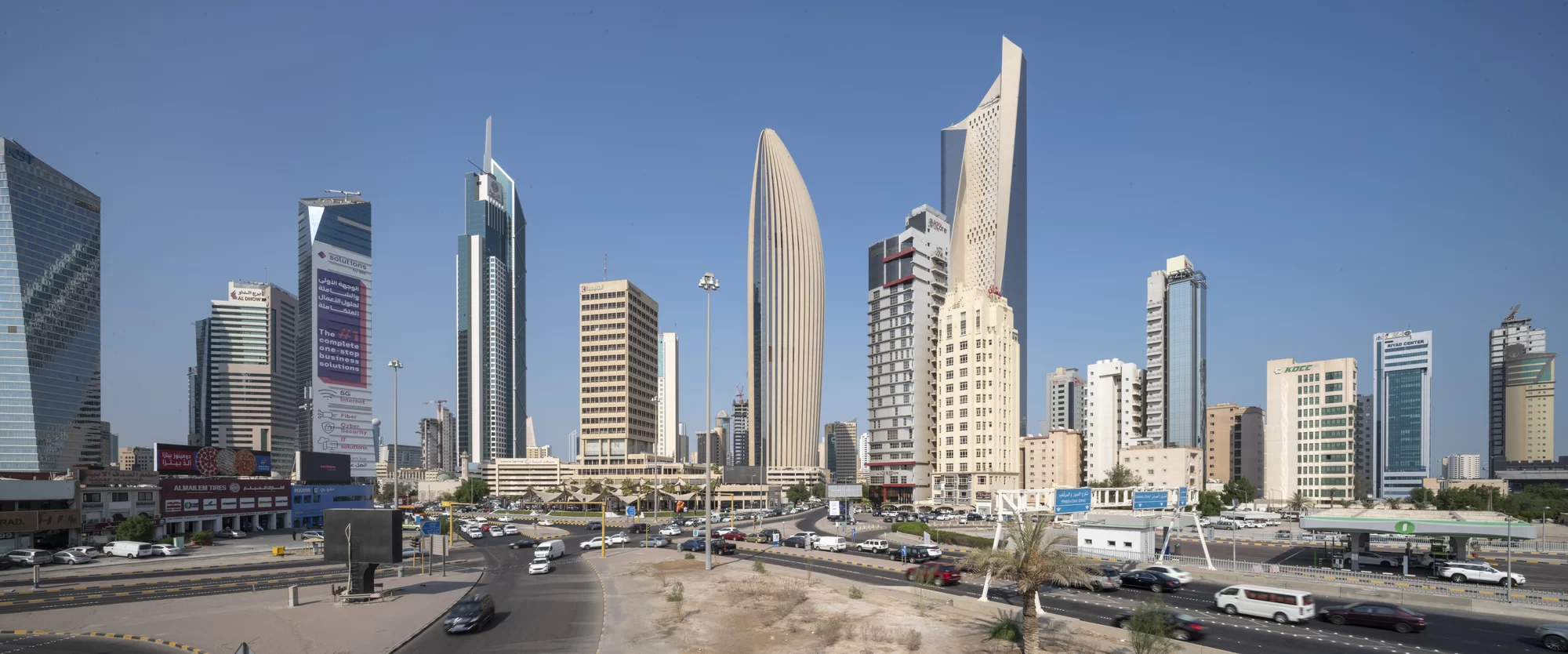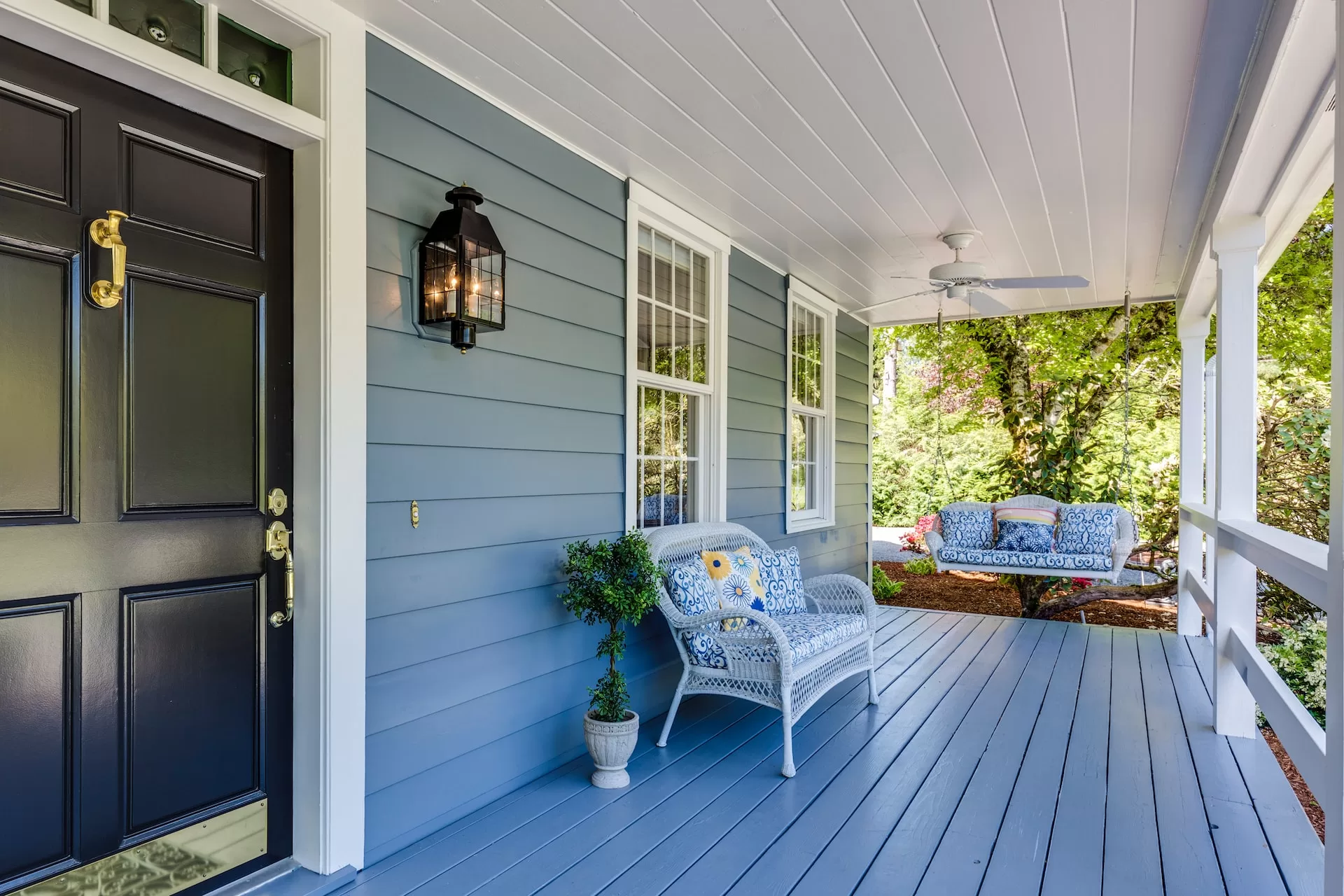You’re receiving a job offer and thinking of traveling to Kuwait to start a lucrative career. But of course, you have such concerns. And I bet one of them is about looking for apartments for rent in Kuwait.
Well, this article will tell you something you need to know before coming here to improve your experience. Let’s see.
How to Get Your Visa Before Traveling to Kuwait
Absolutely, one of the first things you should consider is how to enter the country.
Here, we break down all the details you need about your Kuwaiti visa.
Things You Need to Know Before Traveling to Kuwait
Sponsorship System for Visitors Visas and Permits in Kuwait
To enter Kuwait, foreign nationals must have a valid visa or another appropriate entry permit.
However, this restriction does not apply to citizens of other GCC states. They need not undergo special procedures to enter or reside in Kuwait.
As with many other countries, sponsorship is required to enter Kuwait.
Before traveling to Kuwait, you must have a local Kuwaiti person or business sponsor them at all times. Sponsors have all legal responsibility for the expat and risk legal action for any rule-breaking by the guest. The employer in Kuwait acts as the sponsor for foreign workers.
Traveler’s Visas for Temporary Stays
The maximum stay permitted on a Kuwaiti tourist visa is 30 days.
If you overstay your visa exceeding 30 days, the government will charge you 10 KWD every day, which must be paid before you may leave the country.
You can get a visitor visa in as little as two business days for the current price of 3 KWD. Kuwait issues visas on arrival to citizens of 70 different countries. These nations include the United States and all European Union member states save Croatia, Australia, and Japan.
If you fall under this category, you don’t have to apply for a visa to enter Kuwait.
To see if your country of origin is on the list, visit the Embassy Finder. Visitors to Kuwait on tourist visas are not permitted to work in any capacity. Work permits and residency visas are needed to work in Kuwait.
Long-Term Visas and Employment Authorization: Making a Home
Expats need a residency visa to work and live in Kuwait (iqama). A job offer from a private enterprise or a government agency in Kuwait is required to apply for this visa.
The company subsequently submits the expatriate worker’s iqama application in Kuwait.
The next step is to obtain a “No Objection Certificate” (NOC) that will allow you to enter Kuwait. After entering Kuwait, you will be awarded an actual resident visa.
A thorough medical certificate must be submitted before the resident visa can be awarded, including tests for HIV/AIDS, hepatitis, and tuberculosis.
You can register for a Kuwaiti Civil ID when your residency visa has been approved (bitaqa-almadaniyah). This document must be filed within 30 days after the resident visa has been issued.
Visas for Relatives of Overseas Workers in Kuwait
One of the things you need to know before traveling to Kuwait is how to bring your relatives. For example, if a male expat can secure residency in Kuwait, he can sponsor his family to join him there.
However, only expats making at least 650 KWD per month (or 450 KWD if working in the public sector) can bring their families with them.
Getting a visa for a family member or significant other follows the same steps as getting a permanent resident visa.
The visa itself is issued once you arrive in Kuwait.
Additionally, family members are subject to the exact medical testing requirements.
Male expats can sponsor their wives, but the opposite is not valid.
This law doesn’t apply to adult daughters or their parents, but sons over 21 can’t be sponsored.
In addition, dependents who wish to work in Kuwait must obtain their work visa and a Kuwaiti sponsor.
Visit the Ministry of Kuwait’s website for further details on how to get a visa for Kuwait.
Please note that this information can be adjusted anytime, so keep updated with the current requirements.
Housing & Accommodation in Kuwait
Arabic Architectural Style
Room sizes in a typical Kuwaiti home are substantially larger than those you might be used to from staying in, say, the United States, Europe, or India.
In addition, a maid’s quarters and bathroom are standard in large apartments.
Within expat compounds and beyond, a majlis is the central gathering space for most homes with many family members.
The Arabic word for “seat” literally translates to this. The kitchen is the focal point of each Arab household.
Here, friends and relatives can mingle and meet one other.
Numerous Varieties of Houses
The law restricting foreigners’ ability to purchase property in Kuwait may be amended shortly.
Conditions must be met before an expat is granted property ownership in Kuwait.
You must be a law-abiding citizen or permanent resident of Kuwait with sufficient funds to pay for the property.
This property must be your sole residence in Kuwait, not exceed 1,000 square metres in size, and be utilized exclusively for personal, noncommercial reasons.
Due to these limitations, most expats in Kuwait opt to rent rather than buy a house there.
Villas and one-bedroom high-rise apartments are only two of the many housing options available for rent in Kuwait. Most foreign residents in Kuwait live in either apartment buildings or gated communities. Most of Kuwait’s international population lives in one of the city’s several compounds.
Apartment buildings and single-family homes coexist in most residential complexes. Compound amenities can range from restaurants and shops to swimming pools and tennis courts, depending on the property’s size. Living in an expat complex has the same benefits and drawbacks as any other place.
On the plus side, most compounds include several amenities and English-speaking residents who can get you in the right direction if you get lost.
One drawback is that you won’t be able to mingle much with the locals.
Expense vs Benefit Analysis of Rent
Expats should expect to pay between 500 and 800 KWD for a lovely, three-bedroom apartment in a good area (1,650 to 1,900 USD).
Prices for studios start at 200 KWD per month (660 USD).
But rents have been rising at a rapid pace in recent years. Depending on size and amenities, a single-family home or villa can cost as much as 2,500 KWD (about 8,300 USD).
The majority of companies offer a housing stipend to their employees who are temporarily working abroad.
Expats should add 20%-30% to the above prices to account for a fully furnished residence.
Furniture is relatively inexpensive in Kuwait if you rent an unfurnished apartment.
Aside from that, there is still the option to buy furniture and appliances from departing expats in Kuwait.
And that’s for now!
To live in Kuwait as an expat means you have access to a quality life. So stay calm if you need help knowing where to stay in Kuwait because the Sakan platform makes it easy. Contact us now if you have any questions.















